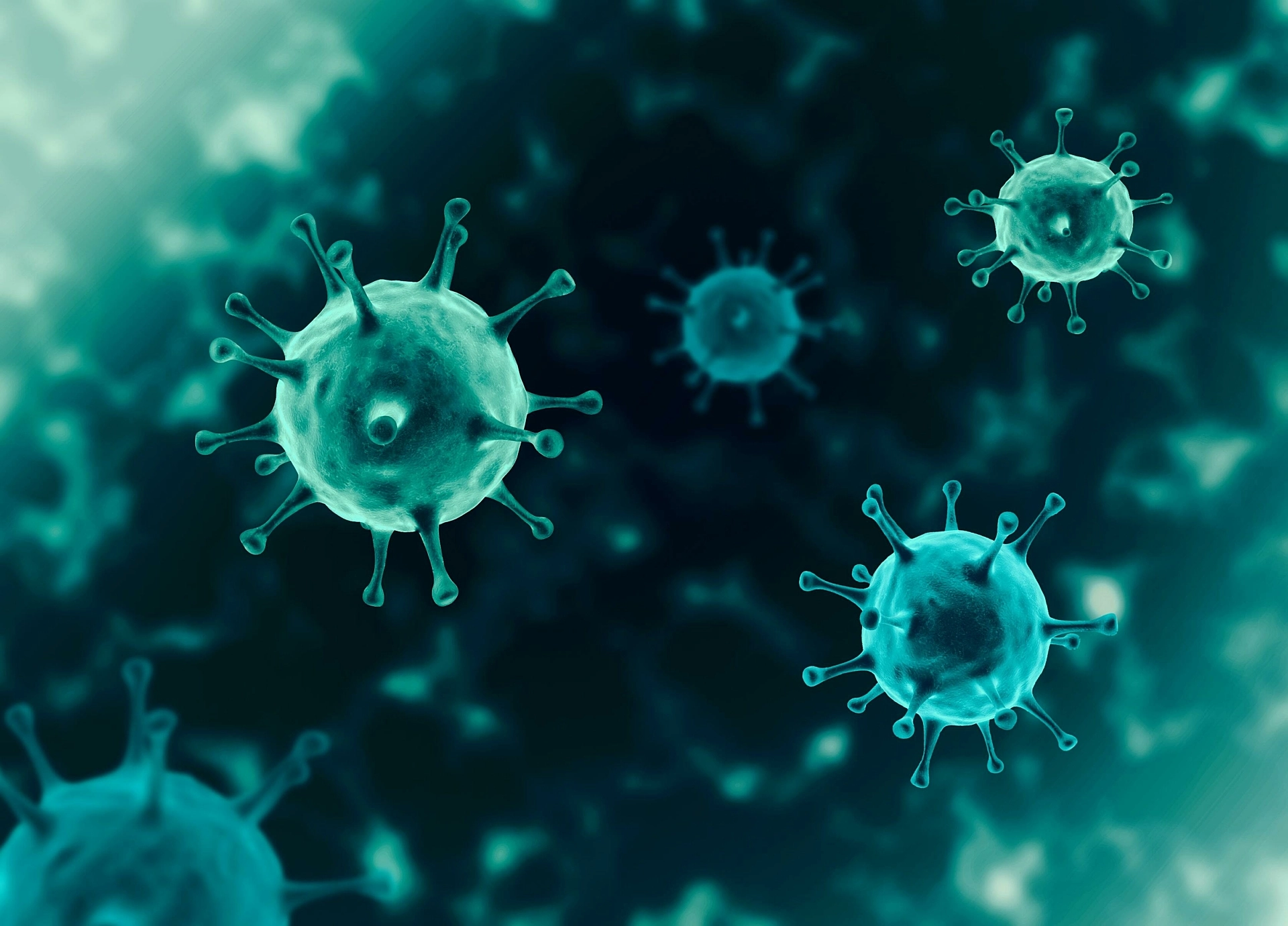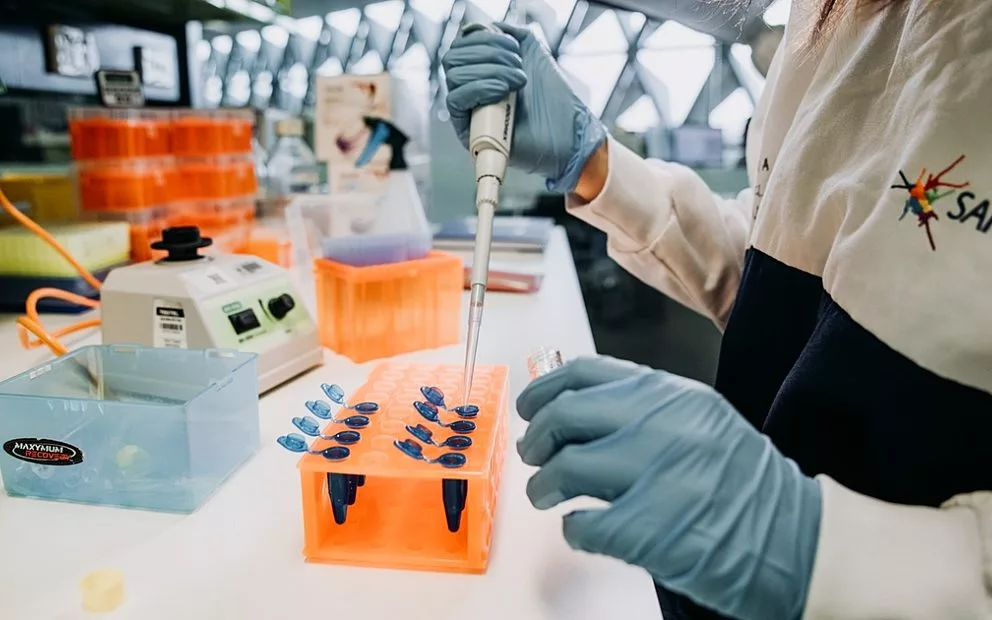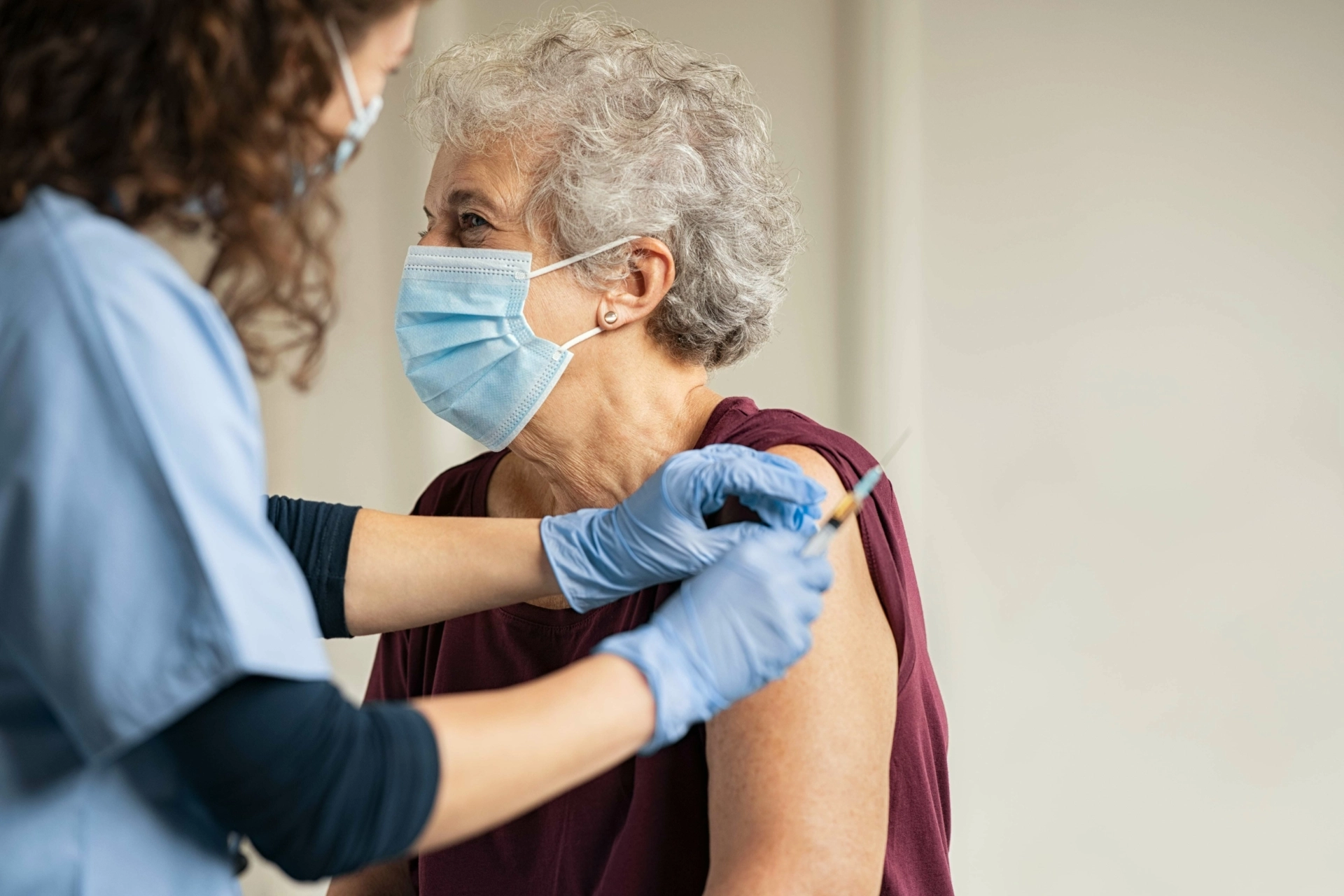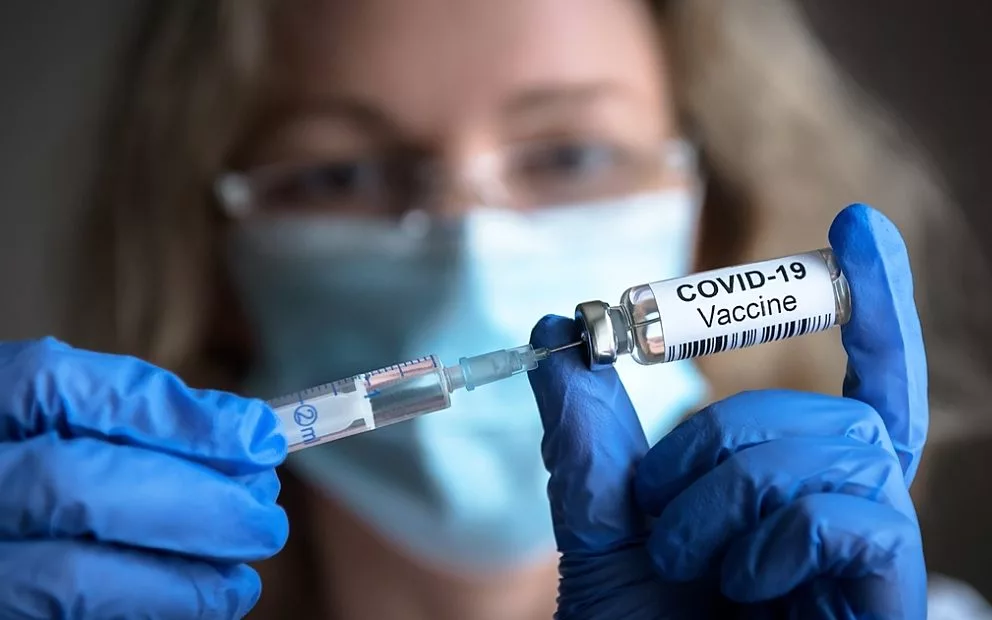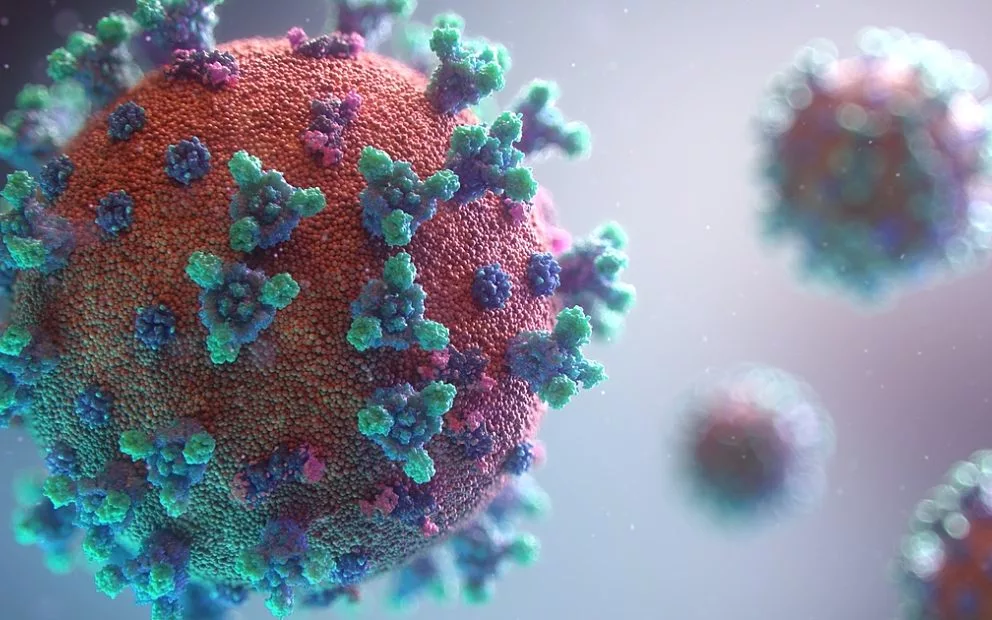The results of a world-leading international trial studying the potential for the tuberculosis vaccine, BCG, to protect healthcare workers against COVID-19 have been revealed.
The BRACE trial, led by Professor Nigel Curtis from Murdoch Children’s Research Institute, involved sites in the Netherlands, UK, Spain, Brazil and Australia, including South Australia.
The South Australian arm of the trial was led by Professor David Lynn at SAHMRI with the involvement of both the Royal Adelaide and Women’s and Children’s Hospitals. The trial assessed whether the BCG vaccine could protect healthcare workers against SARS-CoV-2 in the first six months after vaccination. Following many months of analysis, the trial ultimately found BCG didn’t reduce the risk of developing COVID-19 among those on the pandemic frontline.
BCG was originally developed to prevent tuberculosis and is still given to over 130 million babies worldwide each year for that purpose. The BRACE trial was built on previous research, which showed BCG also boosted ‘front-line’ immunity in infants and protected against respiratory infections in adolescents and adults. It was hoped the vaccine could be repurposed to buy crucial time in a pandemic like COVID-19, until disease-specific vaccines were developed and tested.
The research, published in the prestigious New England Journal of Medicine was based on the second stage of the BRACE randomised controlled trial, which involved 3988 of the almost 7000 healthcare workers who signed up across 36 sites in Australia, the Netherlands, UK, Spain and Brazil.
The risk of symptomatic COVID-19 was 14.7 per cent in the BCG group and 12.3 per cent in the placebo group during the first six months after joining the trial.
Prof Lynn, who is also a Professor at the Flinders University College of Medicine and Public Health, says the trial couldn’t determine whether the vaccine reduced hospitalisations or death due to the low numbers of participants with severe COVID-19.
“This was partly because COVID-19 vaccines, which are strongly protective against severe disease, were developed and rolled out much faster than was initially thought possible,” Prof Lynn said.
Prof Nigel Curtis says the fact symptomatic COVID-19 was observed more frequently in the BCG group might be explained by stronger immune responses induced by the vaccine.
“Symptoms reflect the immune system working hard to fight the virus. A stronger response induced by BCG could be beneficial in killing the virus more rapidly and protecting against progression to more severe disease,” Prof Curtis said.
“There was some evidence of this in trial participants over the age of 60, in whom COVID-19 symptoms were shorter in the BCG-vaccinated group.”
Trial data analysis is ongoing with further results on the effect of BCG expected later this year, including the impact of the vaccine on other infections, such as respiratory illnesses. The trial team is also using blood samples collected from participants to discover biomarkers for COVID-19 risk.
Funding for the BRACE trial included an $18 million grant from the Bill & Melinda Gates Foundation, $700,000 from Sarah and Lachlan Murdoch, $400,000 from The Royal Children’s Hospital Foundation, $1.5 million from The Minderoo Foundation, $200,000 from the South Australian Government and $250,000 from UK Peter Sowerby Foundation.
